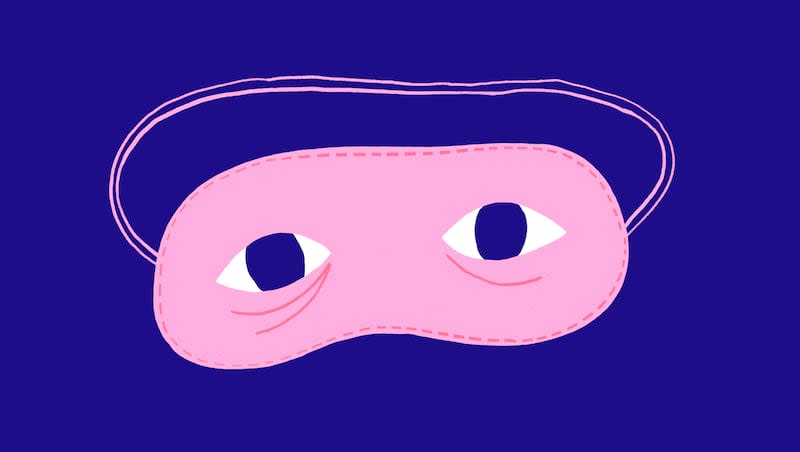Americans — especially young women — want more sleep: Gallup poll

Nearly 6 in 10 U.S. adults say they would feel better if they could get more sleep, compared to 42% who say they sleep enough. Those numbers, revealed in a new Gallup poll, are “nearly a reversal” of the findings when the questions were last asked, back in 2023.
They’re not wrong. U.S. adults report getting less hours of sleep each night, as well, according to the poll, which was fielded Dec. 1-20. And stress is a considerable factor.
That not-enough-sleep lament is particularly true of young women, who Gallup found are consistently less likely to report getting adequate sleep. Just 27% say their sleep is adequate. The new poll found that 48% of men in general say they get enough sleep, while for women overall that’s just over a third, at 36%. The data shows both women and men, however, get less sleep than they reported in 2013 and 2004 and the results “are the lowest Gallup has measured for each group to date,” the polling firm reported.
Who’s sleeping more? According to the poll, those 65 and older are more likely to get enough sleep, compared to those in all the younger age groups. And getting adequate sleep declined since 2013 in every age group, including older adults, though not as much for those ages 18-29. The drop-off in the age 50-64 cohort was especially steep.
More stress than in the past
Stress has been climbing for three decades, according to Gallup, except for a steep and brief drop in 2003. Now 49% of U.S. adults say they “frequently experience stress in daily life.” For women, it’s more than half, at 53%, while 45% of men agree they’re often stressed.
Young women, ages 18 to 49, are standouts in the Gallup data: Just under 7 in 10 say their stress levels are often high.
The findings didn’t surprise Claire Vowell, a psychologist in the United Kingdom who told Newsweek that “women typically report higher levels of stress than men. Often this relates to the burden of balancing family or caring responsibilities with a career, often leading to feelings of overwhelm.” She added, “We know there is a clear link between sleep and stress, so it makes sense that women and younger people who are reporting less sleep would also report higher levels of stress.”
Prioritizing sleep
Sleep is absolutely vital to both mental and physical health, experts say and research shows.
As Deseret News has reported, getting enough sleep matters. But getting consistent sleep is likely even more important to health. “Consistency — going to sleep and waking up at roughly the same time each day — is a stronger factor in securing a long life, according to a recent study in the journal Sleep,” that article said. “Sleep-wake timing can be a stronger predictor for some health outcomes than sleep duration.”
The international study suggested that someone who sleeps for six hours a night on a pretty consistent schedule is likely to do better than someone who gets a full eight hours, but more erratically.
If you struggle with sleep, you’re definitely in good company. An estimated 84 million adults in the U.S. don’t sleep well and as many as 70 million have diagnosable sleep disorders.
Besides feeling draggy or not quite up to par, there are warning signs that you’re sleep-deprived and ought to do something about it. According to the Sleep Foundation, If you have trouble focusing, problem-solving, remembering or learnings, consider putting some effort into improving your sleep. You may need professional help. Slow reaction times are a warning sigh. So is dozing. And sometimes it’s dangerous. It’s one thing to nod off while reading or watching TV — certainly symptoms of inadequate rest — but doing that while driving can have dire consequences for you and for others. If you find yourself making more mistakes than is normal, ponder whether lack of sleep plays a role.
And consider sleep as an underlying issue for children who are impulsive, moody or mad.
Nap time?
Napping doesn’t, for the most part, make up for erratic sleep habits, though it can provide some temporary help. Catnapping can help overcome a midafternoon slump, but only if it’s pretty short. As Deseret News separately reported, 20 minutes is believed to be the napping sweet spot that delivers the most benefit without creating problems.
“Research suggests the 20-minute catnap is ideal for most people if the goal is feeling refreshed and alert, as Medical News Today reported. That’s long enough to be helpful without moving into deeper sleep that may be hard to rouse from or could just make you feel more tired. The best naps involve just the first and second stages of sleep,” the article said.
The Sleep Foundation says not to nap for longer than a half-hour.

